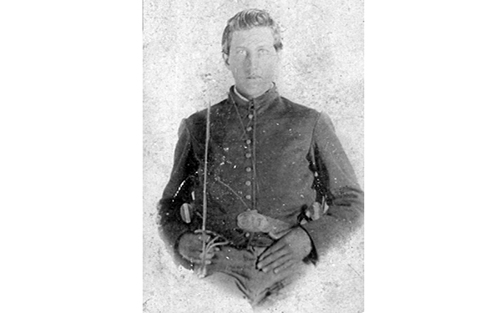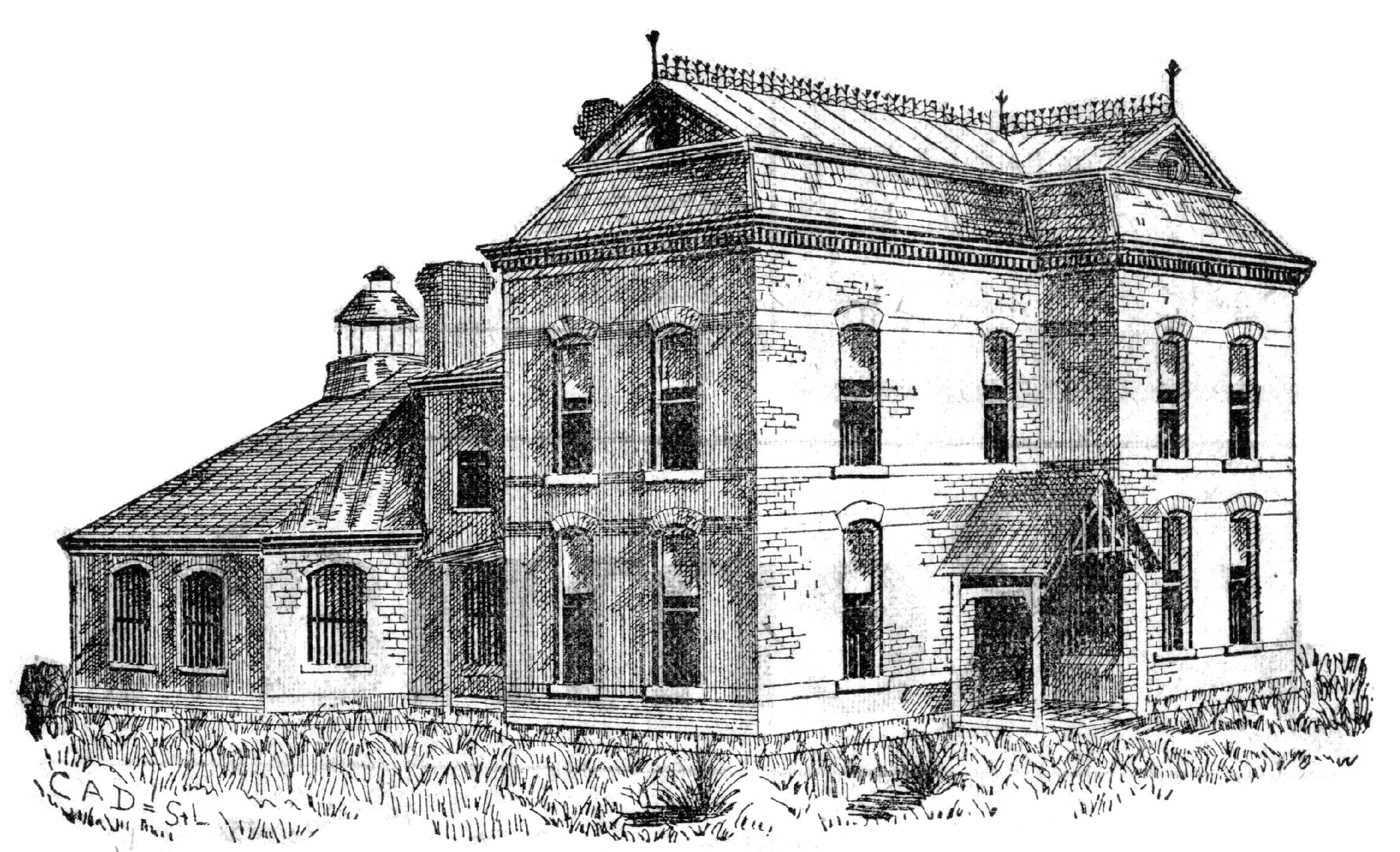Capt. John Ballinger came to Daviess County in 1845 at the age of 13 and distinguished himself in Gallatin with his neighbors Jim McFerran, Sam Cox, Joe McGee, Bill Folmsbee, Benton Miller, Bob Grantham, Bill Gillilan and others of our grand old guard.
Ballinger was born at Fulton, MO, in 1833, was educated back at the old Ballinger home in Kentucky, and spent most of his life in public service at Gallatin, MO. He was named after his grandfather, Colonel John Ballinger, who commanded U.S. forces at Baton Rouge, LA, in the War of 1812. Colonel Ballinger died in 1815 as a result of that effort.
John’s father was Gabriel Louis Ballinger, who “was so fearless and daring that he organized and led a band of adventurous traders from Kentucky to Santa Fe in 1825 to trade for mules. Gabe married Josephine Jennings in Kentucky the next year and moved to Fulton.
Gabe Ballinger reportedly commanded the Callaway County Cavalry in the successful campaign against hostile Indians in 1830. He was clerk of the court for years at Williamsburg, KY, and helped Henry Clay in his presidential campaign of 1844. Gabe then moved to Daviess County where he farmed, made speeches, and preached the gospel. Gabe died in California while looking for gold in 1851 at age 51.
Gabe’s son, John, was no less adventurous. Capt. John Ballinger recruited and commanded Company G, 1st Missouri State Mounted Cavalry of Volunteers from March 1862 to July 1864 for the Union.

This unidentified soldier of the Civil War is thought to be a tinplate image of someone hailing from Daviess County, MO.
As sheriff of Daviess County, John Ballinger went to Indiana to capture the chief of the John Reno Gang and brought him back to Gallatin without use of a warrant. In addition to John’s businesses in Gallatin, he was a leader in Republican politics, Masonic Lodge work, and in the Christian Church as a leading elder from 1871. He became Sunday school assistant superintendent in 1873 and superintendent in 1879.
John Ballinger was elected to Gallatin’s first city council in May, 1858. In mid-1861, Abe Lincoln appointed John Ballinger postmaster. He served there two years and again from April 1873 to August 1881.
Ballinger was postmaster when the James Gang reportedly tried to steal a money shipment that finally arrived at the post office the morning after the Winston train robbery. It came in late on the other train. John quartered Dick Liddil, the main witness at the Frank James trial.
When John first came to Daviess County, he settled at the “Cold Springs” farm in Jackson Township. He married Miss Mary Buckols. They had two children, Mrs. Ollie Keever and Mrs. Hattie Rowan. The first child, Ethil, was born about 1865 and Hattie about 1871. John died at Hattie’s home in Garden City, KS, on Sunday, Aug. 23, 1914, at the age of 81.
Henry Clay McDougal reported that John Ballinger was known to him for nearly 50 years. He reported that John was noble, manly and yet genial and gentle. He said John was also courteous and generous. Mr. McDougal states, “His lofty patriotism, high courage, sound judgment and superb citizenship challenge public and private admiration, yet the crowning glory of this long life was his splendid loyalty to family and friends, church and neighbors, cause and country.”
— written by David Stark, Gallatin

